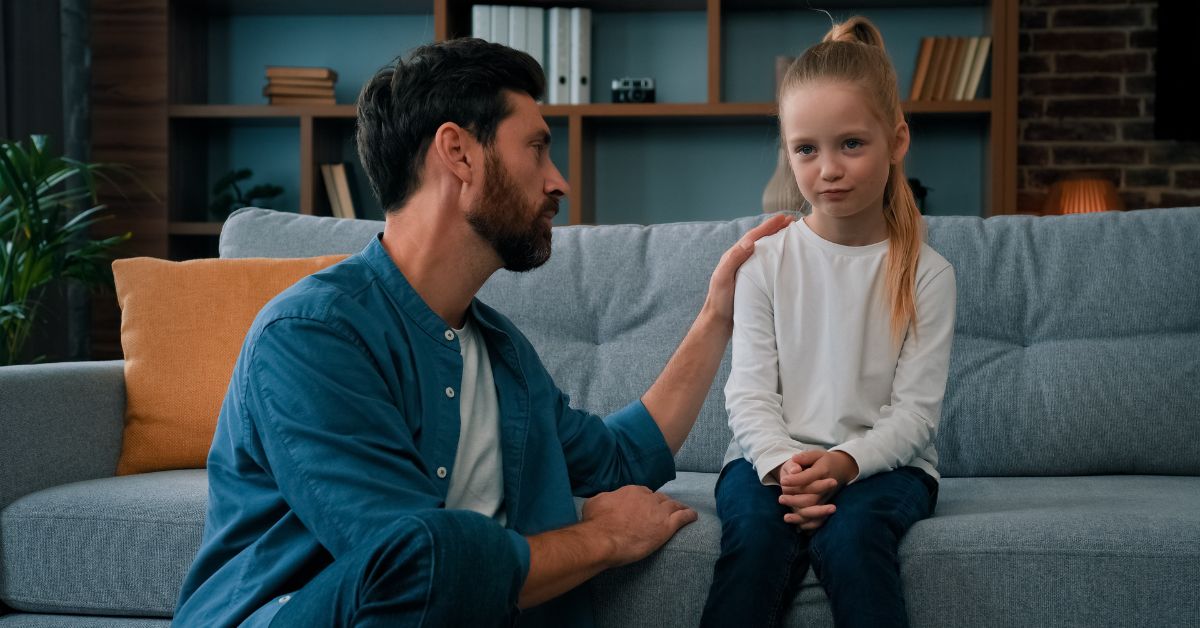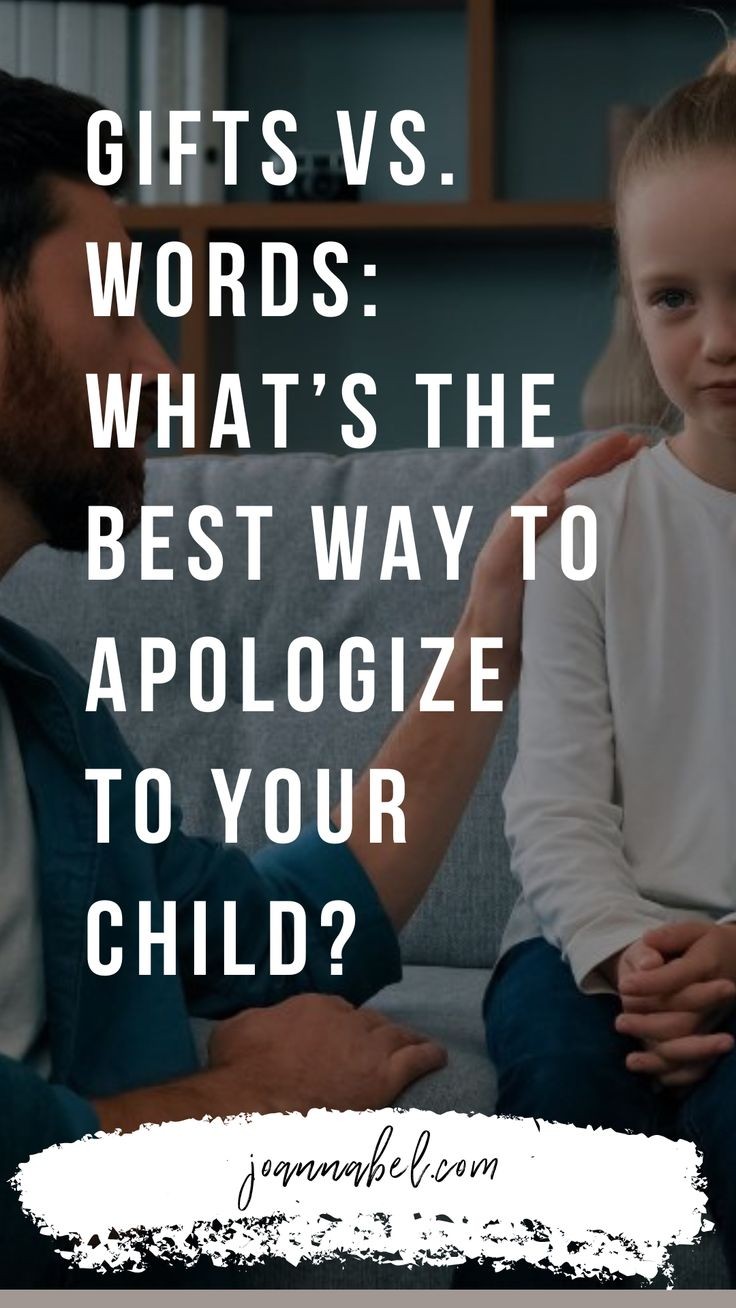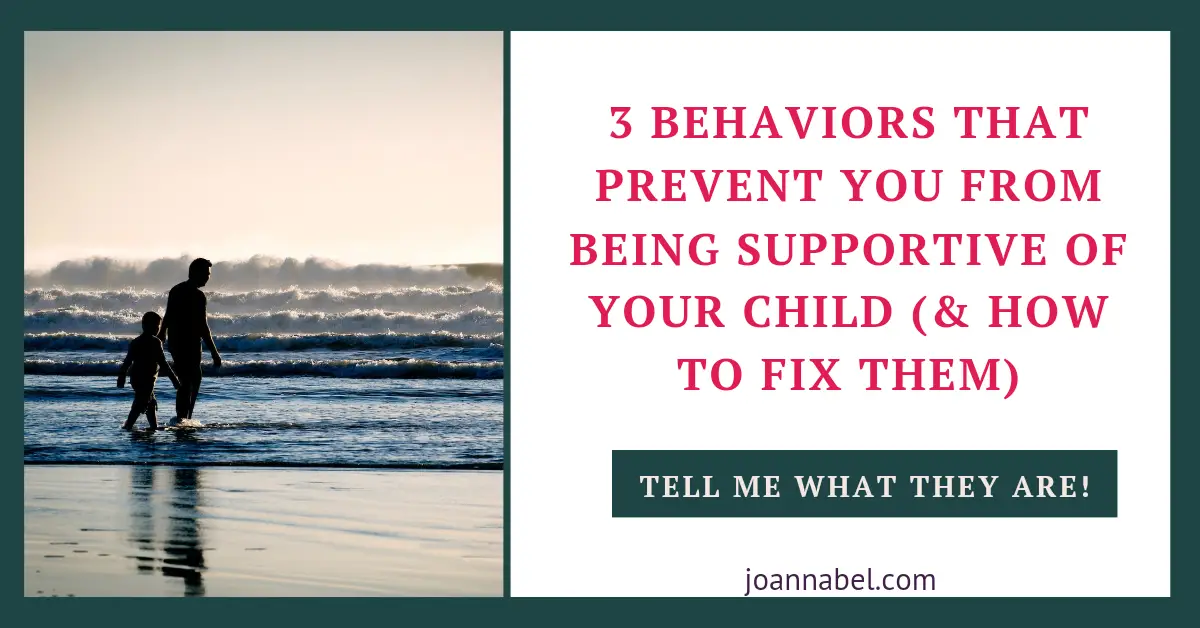Navigating the emotional landscape of parenting can sometimes lead to moments where apologies are necessary, no matter the child’s age. As parents strive to mend relationships and address hurt feelings, a common question arises: whether you should give your children gifts to apologize. After all, a kind gift can certainly help a child feel better.

Understanding the role of gifts in apologies requires a thoughtful approach that balances sincerity with meaningful communication.
Let’s explore this topic and provide guidance on how to navigate apologies with your children and rebuild trust after a mistake.
Note: Although I am a Clinical Social Worker, engaging with this website does not establish a professional social worker-client relationship. The information provided here is for general purposes only and should not be considered professional advice. While we strive to ensure accuracy and reliability, this content is not a substitute for professional guidance. For specific concerns, issues, or situations, it is essential to consult a qualified professional and present your situation. Read the full Disclaimer here.
The Role of Sincere Apologies
Apologies are pivotal when it comes to repairing trust and fostering open communication. A genuine apology conveys understanding of your child’s feelings and acknowledges any wrongdoings.
It’s important to focus first on the words and sentiments behind your apology. Expressing regret with sincerity and empathy can pave the way for healing and mutual understanding.
Read also: 9 Biggest Mistakes Parents Make
The Power of Words Instead of Gifts
Words often carry more weight than material items. While gifts might seem like an easy way to soothe hurt feelings, they should not replace heartfelt conversations.
Apologies that come from the heart, articulated with authenticity, are invaluable in mending relationships.
Children learn more about accountability and forgiveness through meaningful dialogue than through receiving gifts.
When Gifts Can Be Appropriate
Gifts can be a positive gesture when given thoughtfully and independently of an apology. If you already picked up the perfect candle for your teen or ordered a new video game for your child, don’t worry.
You can still give them these gifts, whether now or at a later date. Just be sure to not attach your apology to the gift, as it should not act as a stand-in for a genuine conversation.
This approach ensures that gifts remain a token of love and appreciation rather than a means of fixing a problem.
You want to make sure that the message you send your child through your actions is one you want them to learn.
Teaching Valuable Lessons
The process of apologizing presents an opportunity to teach children about accountability and empathy. By modeling how to apologize sincerely, you help them understand the importance of owning up to mistakes.
This lesson extends beyond childhood, preparing them for healthy relationships and interactions in the future.
To support your child in integrating responsibility, check out the post How You Can Help Your Child Learn To Be Responsible For Their Actions.
Building Stronger Bonds
Apologies, when done right, can strengthen the parent-child bond. They open doors to deeper understanding and trust, creating a safe space for children to express their emotions.
When parents demonstrate vulnerability and a willingness to make amends, it encourages children to approach conflicts with the same grace and maturity.
If you’re interested to know how you can strengthen the child-parent bond, read my post 5 Characteristics Of A Good Parent That Empower Child-Parent Bonding.

Conclusion: Navigating Apologies With Care
Whether you should give your children gifts to apologize is a nuanced question that depends on the context and intention. Prioritizing sincere words and emotions over material offerings fosters a more authentic and lasting reconciliation.
By focusing on heartfelt communication, you build a foundation of trust and understanding that will endure.
As you navigate these delicate situations, remember that the goal is to nurture a relationship built on love, respect, and open communication.
I hope you found this helpful and I’ll see you in the next post! Here’s one: How To Help Your Child Reach Full Potential – 7 Positive Parenting Rules.

Latest Posts:
- Gifts for Your Teenager That They’ll Actually Enjoy

- 6 Reasons Your Teenagers Seem Distant and Distracted

- Special Gifts to Let Someone Know You’re Thinking of Them (13)

- 100 Ways to Challenge Yourself (Without Stretching Yourself Too Thin)

- What To Do When Your Parent Struggles With Alcohol

- How To Navigate Moving to a New Home With Your Kids








Leave a Reply